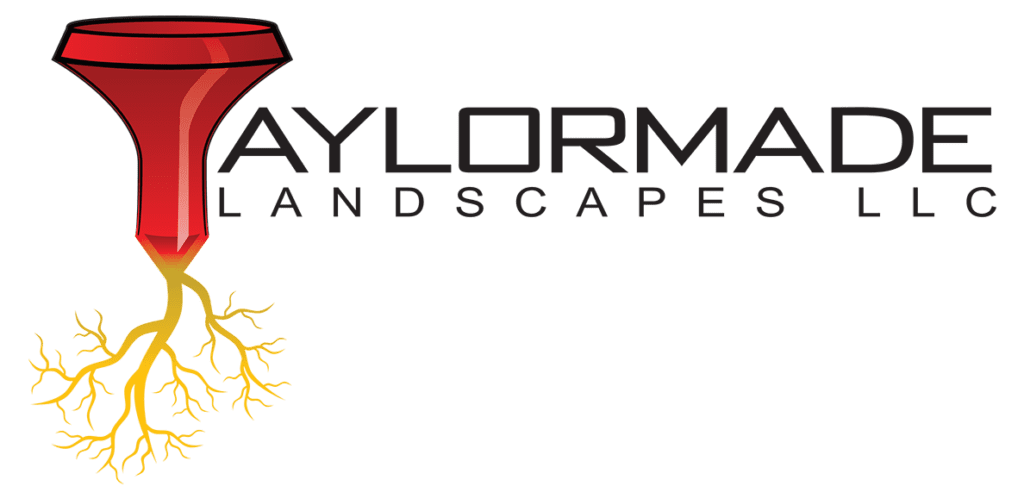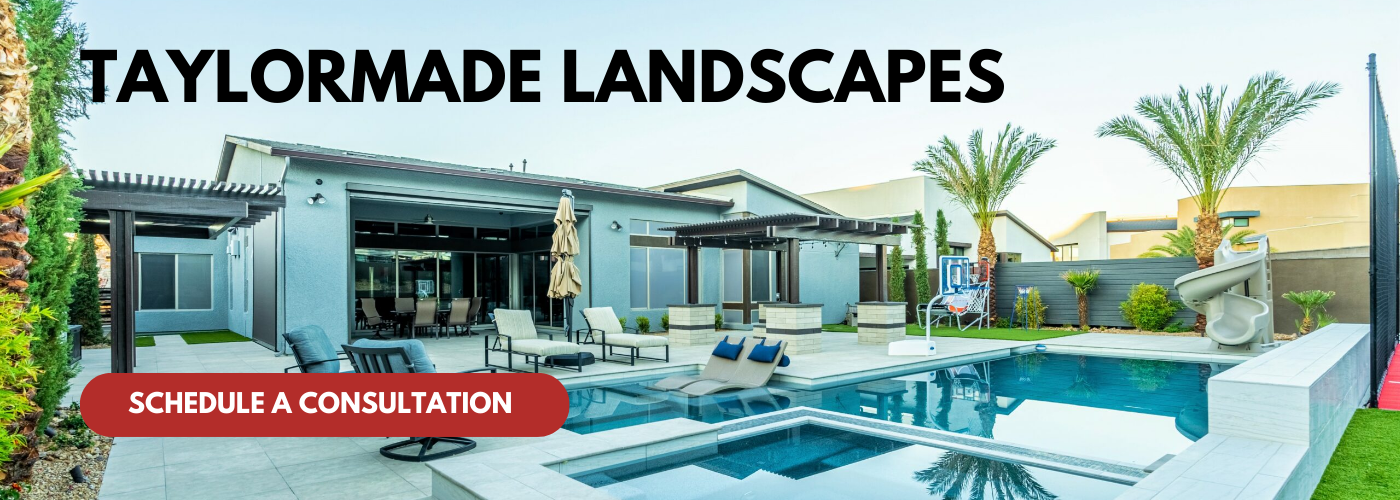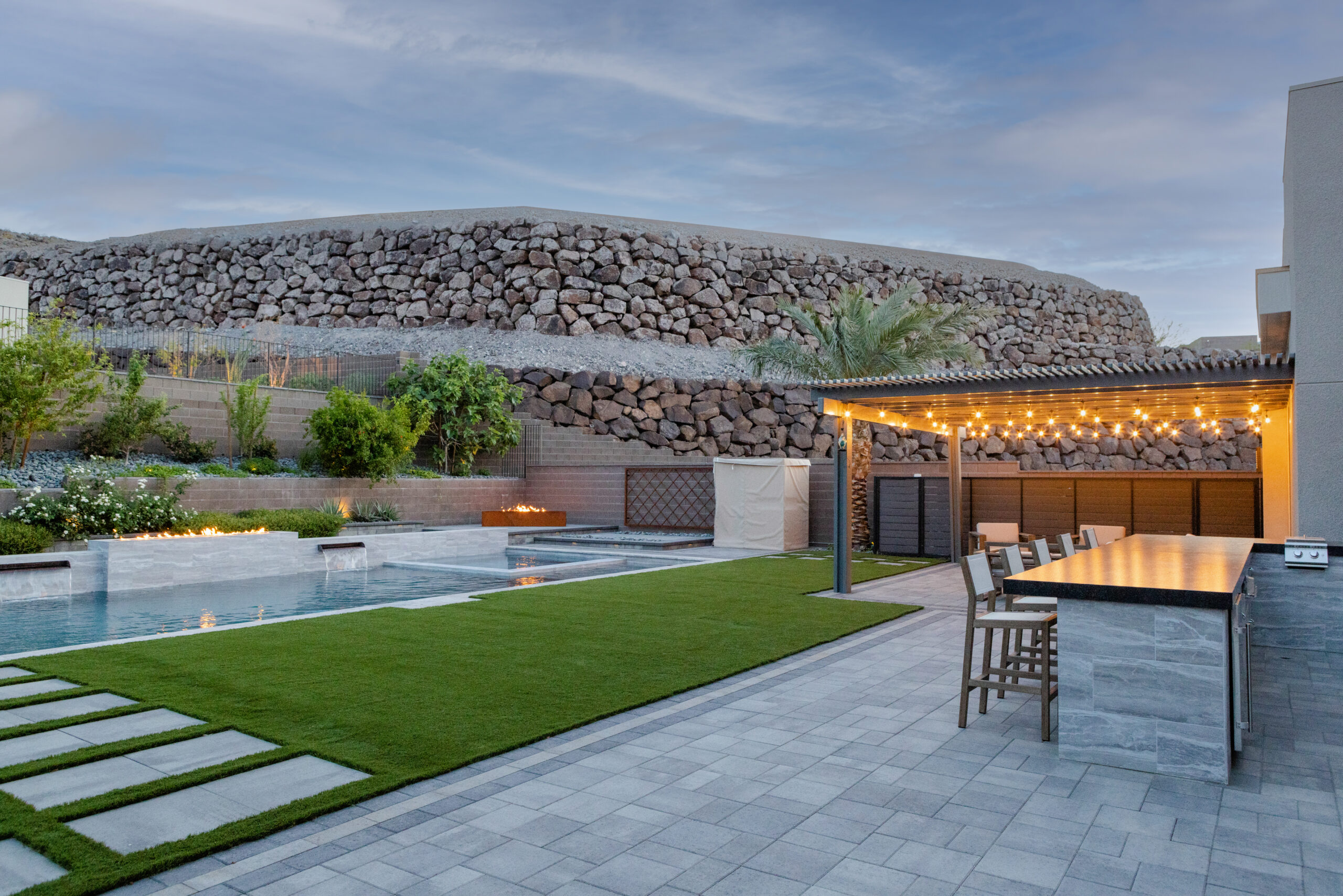As we step into 2025, the importance of thoughtful landscape design has never been more evident. With increased urbanization and shifting environmental considerations, the demand for expert softscape design is on the rise. Softscape, which encompasses the living elements of landscape architecture—such as plants, trees, flowers, and shrubs—plays a critical role in creating vibrant, sustainable outdoor spaces. In a rapidly changing world, engaging a professional softscape designer can offer an array of benefits that extend beyond aesthetics, influencing ecological balance, social connectivity, and personal well-being.
One of the most significant advantages of hiring a professional softscape designer in 2025 is their expertise in selecting plant materials that are not only visually appealing but also suited to local climates and ecosystems. With the ongoing challenges posed by climate change and environmental degradation, having a knowledgeable designer ensures that the vegetation thrives in its environment, reduces water usage, and promotes biodiversity. They possess the insight to create landscapes that are not only beautiful but also functional, integrating native species and sustainable practices that support the local ecosystem.
Moreover, a professional softscape designer can enhance the overall value of a property. In today’s real estate market, well-designed outdoor spaces are often viewed as an extension of the living area, appealing to potential buyers and increasing marketability. A thoughtfully curated landscape can significantly elevate curb appeal, providing a welcoming atmosphere that fosters community and connection. With their ability to design spaces that blend seamlessly with architectural elements, expert designers can create cohesive outdoor environments that are both inviting and practical.
Additionally, the mental health benefits associated with professionally designed landscapes are gaining recognition in 2025. Green spaces are vital for promoting relaxation, reducing stress, and improving overall quality of life. A professional softscape designer can craft personalized outdoor environments that cater to individual preferences and lifestyles, transforming gardens into serene retreats where individuals can unwind and recharge. As the understanding of biophilic design continues to evolve, the role of softscape designers becomes increasingly crucial in enhancing mental well-being through nature-infused spaces.
In summary, the advantages of collaborating with a professional softscape designer in 2025 extend far beyond traditional landscaping. From fostering ecological resilience and increasing property value to enhancing mental well-being, the expertise of these professionals is invaluable in creating landscapes that are not only visually captivating but also sustainable and enriching. As we seek to harmonize our living spaces with nature, the role of softscape designers will undoubtedly become more essential in our quest for a healthier, more aesthetically pleasing environment.
Enhanced Aesthetic Appeal
In 2025, the importance of aesthetic appeal in landscaping cannot be overstated. The visual impact of a well-designed softscape not only enhances the beauty of a property but also contributes to the overall livability and enjoyment of outdoor spaces. Softscape involves the integration of living elements such as plants, trees, flowers, and shrubs, which create a vibrant, inviting atmosphere. A professional softscape designer has the expertise to select the right combinations of colors, textures, and arrangements that harmonize with both the architectural style of a home and its surrounding environment.
One of the primary benefits of hiring a professional softscape designer is their ability to create a cohesive design that transforms outdoor areas into stunning landscapes. They can analyze sunlight patterns, soil quality, and the local climate to recommend plant species that thrive in specific conditions, ensuring that the landscape flourishes over time. Additionally, these experts can advise on seasonal interest, selecting plants that bloom at different times of the year, thus providing year-long charm and variety. By focusing on the aesthetics, a softscape designer enhances the outdoor ambiance, which can be particularly beneficial in urban settings where nature is often limited.
Moreover, a professionally designed softscape can create focal points and engaging pathways that guide the eyes and invite exploration. Whether through the strategic placement of flowering shrubs, the use of ornamental grasses, or the inclusion of unique features such as rock gardens or natural ponds, each element contributes to a narrative that enhances the property’s overall appeal. This thoughtful planning ensures that the landscape is not just visually stunning but also functional for recreational use, outdoor entertaining, or simply enjoying nature’s beauty.
Looking forward to 2025, as the demand for personalized and unique outdoor spaces continues to rise among homeowners, having a professional softscape designer is a strategic investment. These designers not only provide aesthetic enhancements but also foster a deeper connection with the environment, encouraging biodiversity and promoting sustainable practices. Ultimately, their expertise transforms ordinary spaces into extraordinary landscapes that resonate with personal style while fostering nature’s beauty.
Increased Property Value
In 2025, having a professional softscape designer can significantly boost the property value of residential and commercial spaces. Softscaping, which involves the use of plants, flowers, trees, soil, and other organic elements, enhances the visual appeal and overall atmosphere of a property. A well-executed softscape design not only transforms a barren outdoor area into a lush, inviting environment but also elevates the appeal of the entire property. Buyers today are more inclined to invest in homes that feature well-manicured landscapes rich in greenery and floral displays. Aesthetic properties with carefully curated plant selections and thoughtful layouts can command higher market prices, making a professional’s expertise invaluable.
Moreover, softscape designers possess the knowledge needed to select plants that thrive in the specific climate and soil conditions of a location. This not only ensures the long-term vitality of the landscape but also minimizes maintenance costs for property owners. Properties with professional softscaping are appealing, as they require less effort to sustain, leading potential buyers to perceive them as desirable investments. Consequently, the services of a softscape designer can yield a significant return on investment for homeowners when it’s time to sell the property, often leading to quicker sales at higher prices.
In addition to the aesthetic enhancement and increased property value, a professional softscape designer incorporates sustainable practices into their designs, addressing the growing consumer demand for eco-friendly solutions. By selecting native plants that require less water and maintenance, softscaping can contribute to lower utility costs and reinforce the property’s environmental sustainability narrative. This aspect of property value aligns with the increasing trend among buyers prioritizing environmentally conscious choices. The combination of visual appeal, lowered maintenance requirements, and sustainability ultimately creates a compelling case for hiring a professional softscape designer, making properties not just more valuable, but more aligned with contemporary living standards in 2025.
Sustainability and Eco-Friendly Practices
In 2025, the importance of sustainability and eco-friendly practices in landscaping has reached new heights. A professional softscape designer brings specialized knowledge in designing landscapes that not only enhance visual appeal but also prioritize environmental health. These designers focus on creating green spaces that support biodiversity, utilize native plants, and incorporate sustainable practices that significantly reduce the ecological footprint. This approach ensures that the landscape is not only beautiful but also contributes positively to the environment in which it resides.
One of the primary benefits of hiring a professional softscape designer is their ability to select plants and materials that are well-adapted to the local climate. This not only minimizes the need for excessive watering and chemical fertilizers but also fosters a healthier ecosystem. By opting for native plants that require less maintenance and are more resilient to local pests and diseases, homeowners can create sustainable landscapes that thrive year-round without heavy input of resources. In 2025, as climate concerns become increasingly prevalent, such eco-conscious decisions resonate more deeply with homeowners and their communities.
Furthermore, professional softscape designers often integrate practices like xeriscaping, which emphasizes water conservation, and permaculture, which promotes agricultural ecosystems that mimic natural ecosystems. These techniques help to manage water use more effectively, reduce waste, and create landscapes that are self-sustaining. In addition to these practices, they may also design landscapes that incorporate rain gardens, green roofs, or bioswales, which help to manage stormwater and improve local water quality. Adopting these innovative practices not only enhances the landscape’s sustainability but also adds value to properties in an era where sustainable living is highly sought after.
In summary, employing a professional softscape designer in 2025 offers numerous benefits centered on sustainability and eco-friendly practices. By harnessing their expertise, homeowners can create landscapes that are not only captivating and unique but also supportive of environmental health and resources conservation. In a world where ecological awareness is increasingly crucial, having a landscape that reflects these values is an investment in both property and planet.
Customized Design Solutions
Customized design solutions in landscaping refer to the tailored approach in creating outdoor spaces that reflect the unique aesthetic preferences, functional needs, and environmental conditions of a specific property. A professional softscape designer takes into account various factors such as soil type, climate, existing vegetation, and the lifestyle of the homeowners to devise a personalized plan. This results in landscaping that is not only visually appealing but also practical, enhancing the usability of outdoor areas.
One of the primary benefits of hiring a professional softscape designer is the ability to create a cohesive and harmonious design that integrates various elements of soft landscaping, such as trees, shrubs, flowers, and grass. By considering both the immediate environment and the long-term effects of their designs, these professionals can utilize the latest techniques and plant varieties that are well-suited to local conditions. This ensures a thriving landscape that reduces maintenance efforts while enhancing the beauty of the property.
In 2025, the significance of customized design solutions becomes even more pronounced due to a growing emphasis on sustainability and climate resilience. With increasingly unpredictable weather patterns, a softscape designer can recommend native plants that require less water and support local wildlife. This not only leads to a more sustainable landscape but also limits resource consumption, which is becoming a priority for many homeowners. Furthermore, tailored designs can incorporate features such as permeable paving, rain gardens, or edible gardens, all of which add both functionality and aesthetic charm to outdoor spaces.
Another crucial aspect of working with a professional softscape designer is their expertise in zoning regulations and property limitations. This knowledge ensures that the customized designs do not only meet the homeowner’s desires but also adhere to local policies, helping to avoid potential legal issues down the line. By investing in customized design solutions in 2025, property owners can enhance their living experience and their home’s marketability in a competitive real estate landscape.
Efficient Use of Space and Resources
Efficient use of space and resources refers to the ability of a landscape to maximize functionality while minimizing waste. In 2025, as urban areas continue to grow and populations swell, the importance of utilizing every square foot of property effectively is paramount. A professional softscape designer has the expertise to create layouts that not only foster beauty and aesthetics but also prioritize practical usability. The designer’s role includes assessing the available space, understanding the client’s needs, and implementing solutions that harmonize nature with human activity, ensuring that gardens, lawns, and plant arrangements serve multiple purposes.
One of the key benefits of engaging a professional in this field is the ability to optimize resource allocation. With rising environmental awareness, homeowners and businesses are increasingly looking for ways to reduce their ecological footprint. A skilled softscape designer can implement strategies such as native plant selection, appropriate irrigation methods, and soil health enhancement. By choosing plants that are well-suited to the climate and soil conditions, designers can reduce water use, minimize maintenance, and promote biodiversity. Furthermore, thoughtful placement of plants and outdoor features can create habitats for wildlife, thus enhancing the local ecosystem even within urban confines.
In addition to environmental benefits, a well-planned softscape can significantly improve the functionality of outdoor spaces. For example, a professional designer can create defined areas for relaxation, entertainment, or gardening, making the best use of limited space. They can also design pathways that are not just aesthetically pleasing but also practical, guiding visitors through the landscape efficiently while maintaining flow and accessibility. The thoughtful arrangement of softscapes, such as strategically placed trees and shrubs, can also provide natural privacy screens or windbreaks, enhancing comfort while using outdoor spaces.
As we move further into 2025, the demand for such specialized knowledge will only increase. With the advent of new technology, such as green tech solutions that promote sustainability, and the rising trend of urban gardening and food production, professional softscape designers will play a crucial role in shaping urban landscapes. In summary, hiring a softscape designer can lead to efficient land use and resource management while creating beautiful, functional, and environmentally-friendly outdoor spaces tailored to modern needs.




